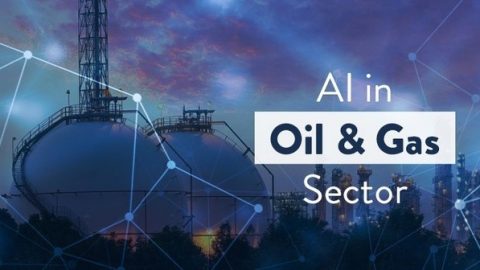
Illustration
Apply new technologies to the oil and gas industry at all organizational levels
Now more than ever, we all know that companies that want to survive must apply new technology. But how does this work in practice? While the types of tools needed and their implementation strategies will vary from industry to industry, it’s sometimes not always as easy as we think. So what are the inventors doing?
Oil and gas industry is a field that has been drastically changed with the introduction of new technologies. The use of artificial intelligence and robots in particular can improve operations from office to offshore. D/SRUPTION spoke to Tim Airey (chief technology officer of the digital innovation organization at BP) to learn about how businesses are addressing these specific technology issues.
Organize digital innovation
The way BP pursues technological development is through the Digital Innovation Organization (DIO). As Airey states, this organisation looks at key areas of digital technology, such as quantum computing, block chain, robotics, and AI, and how they might impact the wider business.
The role of DIO’s is to look at future technologies and understand how that technology can impact our organization, how we can bring opportunities for this transformation.
When we talk about new technologies, we think that these technologies are not practical, they are not really ready for commercial use. But perhaps after six to seven years rethinking what we have done, what we have changed, its results can connect that technology to many people.
Our thoughts on artificial intelligence (AI)
When discussing the BP’s use of AI, Airey first wanted to deepen the company’s understanding of the term. He said, “We see AI as a pyramid with a number of different appendages. In the middle of that pyramid is machine learning as a subset of artificial intelligence, where machine learning algorithms are built on a universal learning model called sample data to make predictions or decisions that aren’t explicitly programmed to carry out the task, then the data will move into assistive tools where we can create AI, so things that like the vision of the future of computing that relies heavily on AI. We finally reach the top of the pyramid, which is cognitive computing, which is a concept that mimics human reasoning and decision making with AI. ”
So besides the advantages such as the ability to self-study and progress towards thinking like a human, are there any limitations?